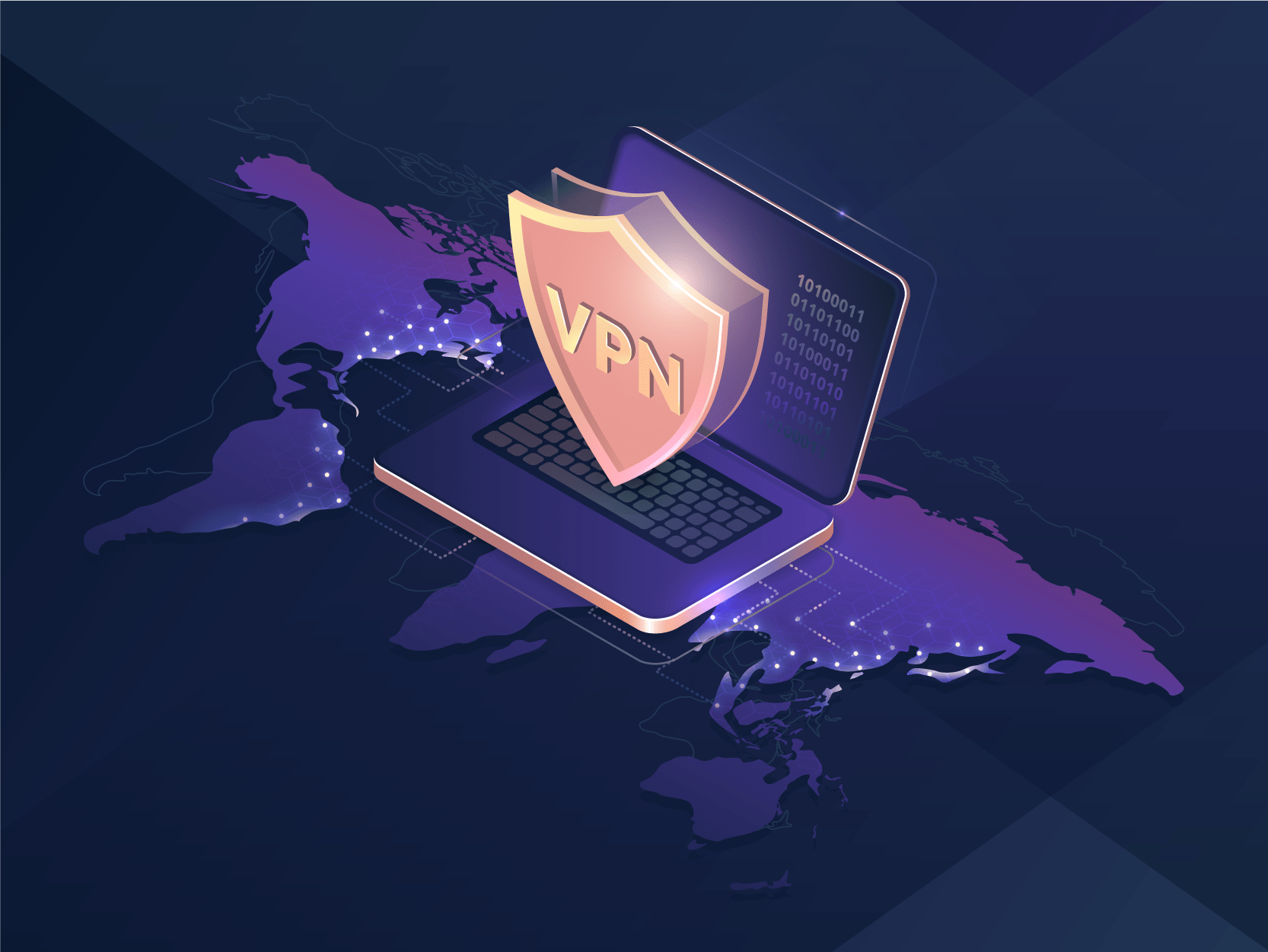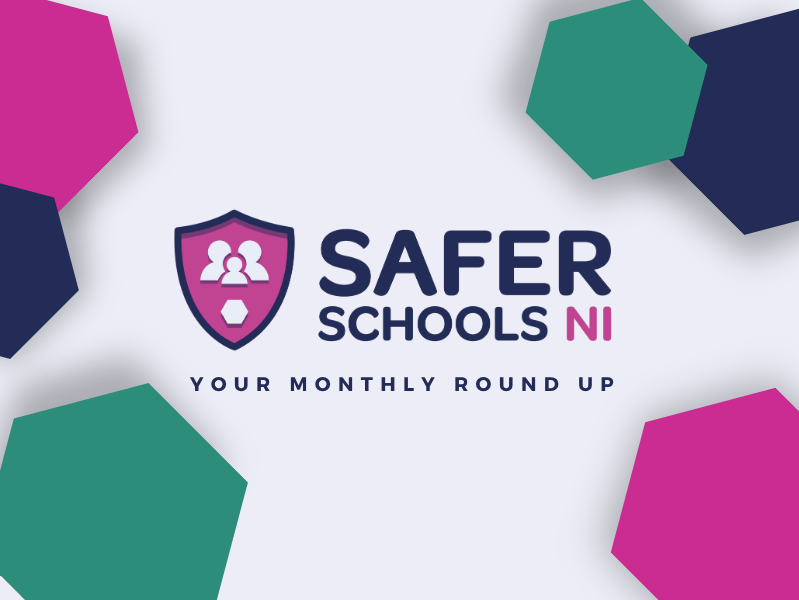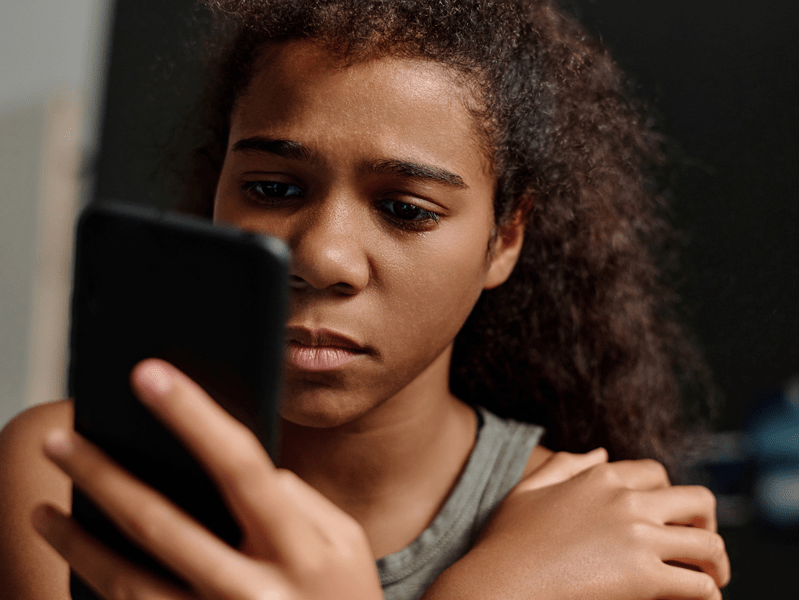Last Updated on 20th October 2023
Read the script below
Colin: Hello and welcome to Safeguarding Soundbites. I’m Colin –
Danielle: …and I’m Danielle. This is the podcast that brings you all this week’s safeguarding news and alerts.
Colin: But this week we’re doing something a little different…
Danielle: Yes, this week we’re going to be talking about the Online Safety Bill because it finally passed this week!
Colin: Finally, indeed, it does feel like we’ve been talking about this bill for a long time. This bill has been around in one form or another for years. So today, we’re going to take a look at what the bill actually is, what it’s going to change…
Danielle: And how it’s actually going to work.
Colin: Yes, who is enforcing this bill and how.
Danielle: Just before we begin, we’d like to give our listeners a heads up that we will be talking about topics such as self harm and suicide, as they relate to the Online Safety Bill. So, Colin, would you like to start us off?
Colin: I would! Actually, let’s start with a very brief history.
Danielle: I always hated history lessons,….
Colin: I promise this is actually interesting! So back in 2019, a paper was published under Theresa’s May government called The Online Harms White Paper. Yes, this bill, by the way, has gone through four prime ministers.
Danielle: Wow.
Colin: Yep. But the bill we see today is very different from its original form. The white paper focused very much on online abuse and harassment. As we’ll discuss in a minute, today’s Online Safety Bill encompasses a whole lot more. But it was this original Online Harms paper that sort of kicked it all off.
Danielle: And there are a few reasons why it has taken so long to pass.
Colin: That’s right. We had 2020 and all that brought. We also had that the aforementioned four prime ministers, so changes in government. Plus, it has also had bits added, bits changed and brought its fair share of controversy. So it’s taken a long time to get through all the different stages.
Danielle: So just to finish off history class for us, can you bring our listeners up to speed with where the bill is today?
Colin: So on Tuesday past – which is Tuesday the 19th of September if you’re not listening to this the week it goes out – the bill went through its last pass in the House of Lords. Now it will go to royal assent. In other words, it’s finished going through parliament – all of the amendments and changes have been completed. Now it goes off to the King to be signed in law. Now unfortunately, there’s no set timeline for how long that process takes. But once it’s done, it’s announced in parliament.
Danielle: But it is passed and is going to become the law. So the Online Safety Bill makes online platforms and companies with users in the UK, from Meta to Wikipedia to that teeny tiny kick-start social media platform with 30 users – all of them – responsible for their user’s safety. It’s a set of laws, rather than one big one.
Colin: And it’s important to note that it is for protecting children and adults but some of the ways it aims to protect children is by making social media platforms remove illegal content quickly or prevent it from appearing in the first place, including content that promotes self-harm. Social media platforms will also need to enforce age limits and measures to age-check. And they will be required to publish risk assessments and provide parents and children with really clear ways they can report problems online.
Danielle: Now, the additions around self-harm content are particularly important because am I right in thinking they are new?
Colin: You are. For the first time, making online content that promotes self-harm will be illegal and therefore platforms must remove it. But they will also be responsible for protecting children from what’s termed ‘legal but harmful’ content. In other words, the content itself might be legal, like pornographic content, but it can be harmful for a child to view that.
Danielle: Yes, and we agree that makes a lot of sense. But also, content showing or encouraging violence or that provides instructions for suicide or encourages eating disorders. And the self-harm content isn’t the only new element – cyber flashing and sharing deepfake pornography will also now be illegal too.
Colin: So, so far, this all seems very logical from a safeguarding point of view. But of course, there are still some concerns about how the bill will impact freedom of speech. They’re worried that it will allow big social media platforms to decide what users can and can’t say on their sites.
Danielle: And if you remember some of our previous episodes of Safeguarding Soundbites, some platforms, like WhatsApp have previously said they will consider leaving the UK if the bill comes into force because they believe the laws compromise their users’ ability to communicate safely.
Colin: And they’re referring to WhatsApp’s use of end-to-end encryption that stops anyone else from being able to access messages apart from the sender and the recipient. The bill means Ofcom could force the release of private messages. But there’s also question marks over how the bill is going to be enforced.
Danielle: Yes, that’s right. So the bill is going to be regulated by Ofcom. They’re the government-approved regulators of TV and radio. People might have heard of them in the context of people complaining about a TV programme or an advert.
Colin: So, as these are laws, there’s obviously therefore consequences for companies that break them. It’s going to be Ofcom that’s mainly in charge of this. They’ll be setting up standards for companies to abide by.
Danielle: Yes, and these laws could be fines of up to 10% of the company’s income, anywhere up to 18 million pounds, and even imprisonment for executives whose company doesn’t comply.
Colin: High stakes. But I suppose the question remains about how Ofcom will be actually doing this. From what we know, once it’s law, Ofcom are going to start working on the first set of standards which will cover tackling illegal online harms, including child sexual exploitation, fraud and terrorism. Then once those are published, the next standards will be on child safety duties and pornography and then transparency and user empowerment. These standards are the codes of conduct for tech companies.
Danielle: So, there’s still work to be done. Yes, and all of these different sets of standards are being created under consultation. So, for example, the standards referring to pornography will allow for online pornography services and other interested stakeholders to read and respond to the draft version. And then all of this will be sent to the government too.
Colin: It’s a phased approach. Though Ofcom has said that the release of the first set of guidelines will be pretty quick after the bill becomes law we’ll be sure to update our listeners when that happens!
Danielle: Of course! So to sort of summarise the different attitudes towards the bill: on the one hand, we have people concerned about censorship -how it’s going to impact on the freedom of the internet, of speech, of expression. And also people are concerned about tech companies like WhatsApp no longer being available in the UK. And on the other hand, many charities and campaigners are happy with the bill. And actually, some think it doesn’t go far enough to safeguard children.
Colin: Yes. So if our listeners know the tragic story of Molly Russell, the 14-year-old who took her own life after viewing suicide content online, her father Ian Russell has spoken out this week saying that it’s not perfect but it’s an important step.
Danielle: I don’t think either of us could sum it up better than that.
Colin: Hopefully this has given you a better understanding of the Online Safety Bill. And just before we go, we want to say a huge thank you to those of you who joined us this week for Week 1 of our Online Safety Training for Schools. The turn out was incredible and it was amazing to speak to so many of you and to be a part of meaningful learning and discussions about online safety.
Danielle: Yes, it’s been a great week, but don’t take our word for it, here’s what some of you had to say.
Attendee: Training today was great, with everything that I’ve encountered with Ineqe it’s really professionally done, it’s well presented, it’s well packaged but more importantly the tools are really really useful and they’re exactly where we’re at as a school. I learnt that there’s even more apps out there that I had no idea what they were. When the icons were put up I was able to identify a lot of them but there was some of them that were totally new to me and that scares me and surprises me every single time.
Attendee: The big focus for us this year is online safety so before we go back and do an action plan and deliver it to the Board of Governors I think this is really useful, very helpful. We’re also trying to raise our level of parental engagement and it was also really good to chat to you about delivering a wee bit of training to parents as well so it’s been very useful, thank you.
Colin: And don’t panic if you weren’t able to make it this week, we have 7 more venues across Northern Ireland that you can book onto right now, for free.
Danielle: Absolutely but do hurry – spaces are filling up fast.
Colin: Remember, you can follow us on social media by searching for Safer Schools NI. And you can also download the Safer Schools App for free right now on whatever app store your phone or device uses.
Danielle: Thank you for listening and…
Both: Stay safe.
Join our Safeguarding Hub Newsletter Network
Members of our network receive weekly updates on the trends, risks and threats to children and young people online.
Who are your Trusted Adults?
The Trusted Adult video explains who young people might speak to and includes examples of trusted adults, charities and organisations.
Pause, Think and Plan
Use our video for guidance and advice around constructing conversations about the online world with the children in your care.








